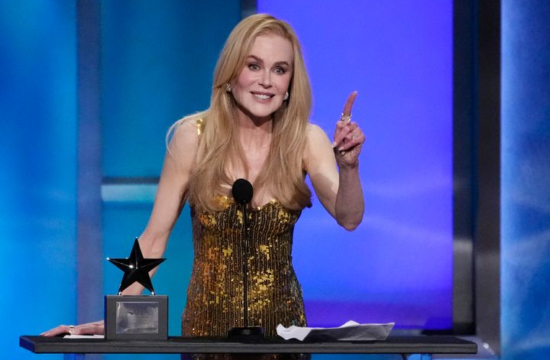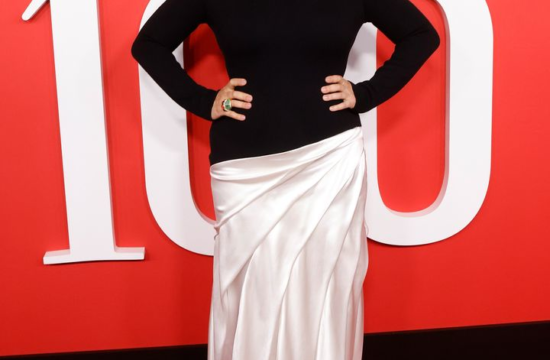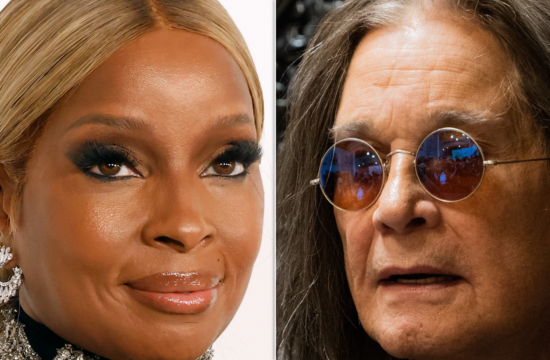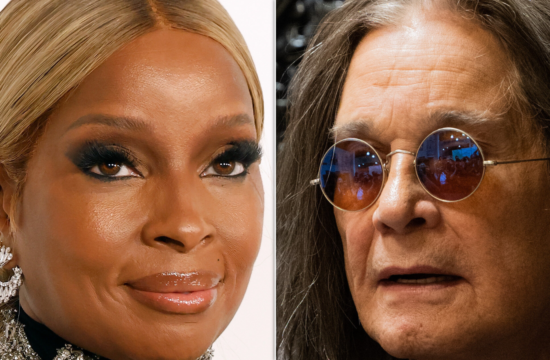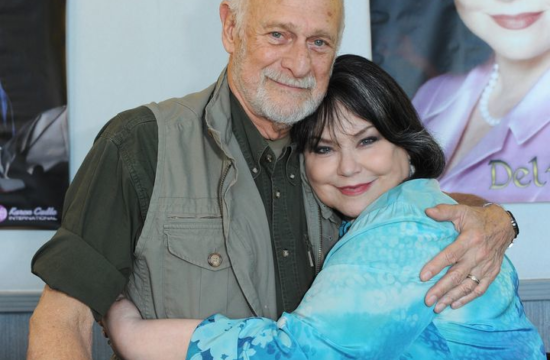
I Have Never Lied: Buffy Sainte-Marie Pushes Back On Probe Into Indigenous Ancestry
Singer and activist Buffy Sainte-Marie has again addressed allegations that she falsely claimed to be Indigenous, saying in a Thursday statement that “I have never lied about my identity.”
An October investigation by the Canadian Broadcasting Corp. had uncovered extensive evidence suggesting that Sainte-Marie, who has long claimed she was born in Canada’s Piapot First Nation, fabricated details about her heritage throughout her six-decade career.
But the singer defended herself in a message shared with the media this week, saying that “I have always struggled to answer questions about who I am.”
In the statement, which drew heavily from earlier remarks that followed CBC’s initial reporting, she claimed that she has “always been honest” about her family background and maintained that “I don’t know where I’m from or who my birth parents are, and I will never know.”
CBC’s investigation included interviews with estranged family, as well as a birth certificate indicating that Sainte-Marie was born as Beverly Jean Santamaria to parents Albert and Winifred Santamaria in Massachusetts.
The Santamarias, who Sainte-Marie previously claimed were her adoptive parents, and baby Beverly had their race listed as white in the birth records.
In her statement, Sainte-Marie dismissed the inconsistencies as an “attack” on her “character,” saying she had no knowledge of the Massachusetts birth certificate.

Scott Dudelson via Getty Images
She also said that it was “common for birth certificates of Indian children to be ‘created’ by western governments after they were adopted or taken away from their families.”
Sainte-Marie has repeatedly claimed that she was adopted by the Santamarias and had no information about her birth parents, other than the fact that they had Indigenous ancestry.
In her 20s, she was adopted into a Cree family by Emile Piapot and Clara Starblanket Piapot. Piapot descendants defended their “Auntie Buffy” in an October statement, calling claims that she’d lied “hurtful, ignorant, colonial – and racist.”
“I know who I am and I know who I love and who loves me, and I know who claims me,” Sainte-Marie said in a video last month. “And to those who question my truth, I say with love: I know who I am.”
In this week’s statement, Sainte-Marie, who had previously been recognized as the first Native American to win an Academy Award, went on to say: “My Indigenous identity is rooted in a deep connection to a community which has had a profound role in shaping my life and my work.
“For my entire life, I have championed Indigenous, and Native American causes when nobody else would, or had the platform to do so.”
She added: “Being an ‘Indian’ has little to do with sperm tracking and colonial record keeping: It has to do with community, culture, knowledge, teachings, who claims you, who you love, who loves you, and who’s your family.”
The statement comes after the documentary “Buffy Sainte-Marie: Carry It On” won an International Emmy Award in the arts programming category earlier this week.
The Indigenous Women’s Collective, an advocacy group, slammed the choice in a social media post not long after, saying: “Documentaries are supposed to present factual information. An Emmy win is a slap in the face to so many Indigenous people tonight.”

